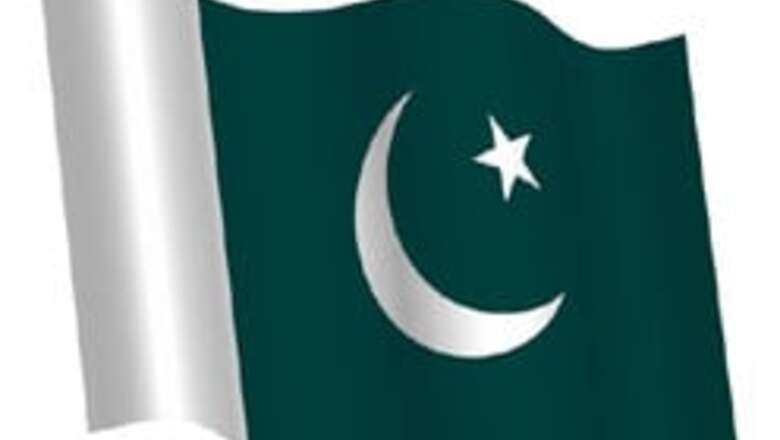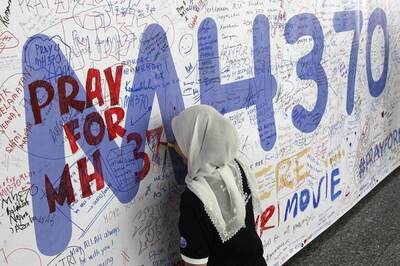
views
Peshawar: A bomb blast in the Pakistani city of Peshawar on Friday killed at least 16 people and wounded 75, according to police and provincial government officials.
The blast occurred near a Shi'ite assembly hall in a congested part of the city.
One building had collapsed in flames, while half a dozen others were badly damaged and on fire.
"It was a bomb. The number of casualties is very high. People are still trapped under the rubble," senior police official Kashif Alam said.
Another senior police officer in the neighbourhood Mohammad Gul said at least 16 people were killed.
Witnesses said the blast appeared to have been caused by a car bomb.
The blast knocked out power supplies in the street, and rescue workers were hampered by a throng of angry and wailing people.
A witness saw three bodies being brought out of the rubble.
North West Frontier Province police chief Malik Naveed Khan said the bomb contained 20-25 kg of explosives.
Sunni Muslim militant groups have launched several gun and bomb attacks on the minority Shi'ite sect in recent weeks as sectarian violence worsened in the northwest.
Earier on Friday a suicide car-bomb killed at least six people in an attack apparently targetting Shi'ites in the Orakzai ethnic Pashtun tribal region, also in Pakistan's northwest.
The bomber was approaching a tribal council meeting, or jirga, called by Shi'ite Muslims to settle a dispute with majority Sunni Muslims.
"The bomber tried to drive into a market in a Shi'ite neighbourhood where the meeting was taking place but blew up his car when police tried to stop him at a checkpoint," said an intelligence agency official who declined to be identified.
A government official said seven people had been killed in the attack in Kalaya, the main town in Orakzai, while a resident, Mohammad Hanif, said he had seen six bodies at the scene.
"Some of them were policemen," Hanif said by telephone.
Sectarian violence has flared in northwest Pakistan over the past year, mostly in the Kurram region on the Afghan border.
Security analysts say al Qaeda and Taliban militants, who are Sunnis and are bitterly opposed to Shi'ites, have stirred up sectarian divisions as they expand their influence through the northwest.


















Comments
0 comment